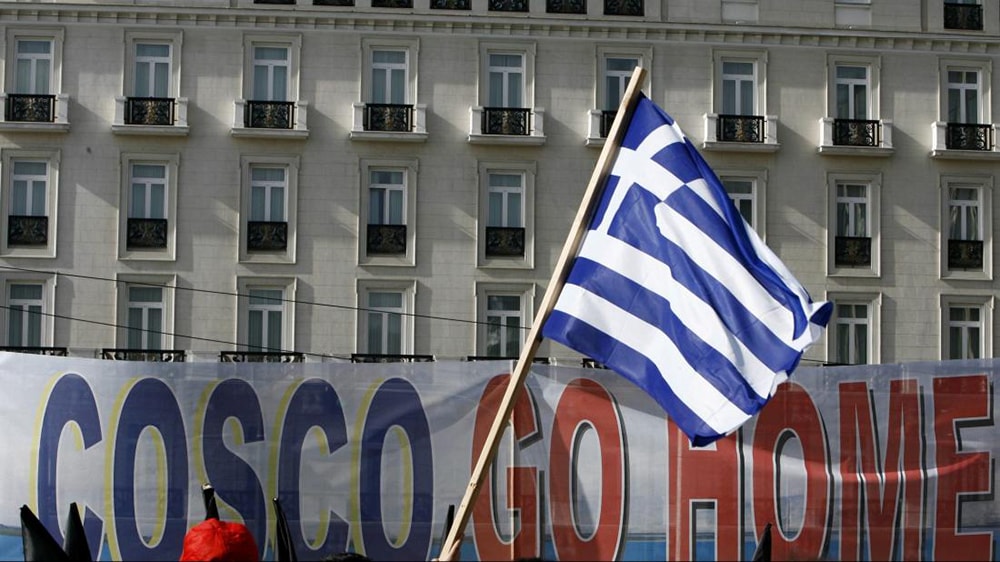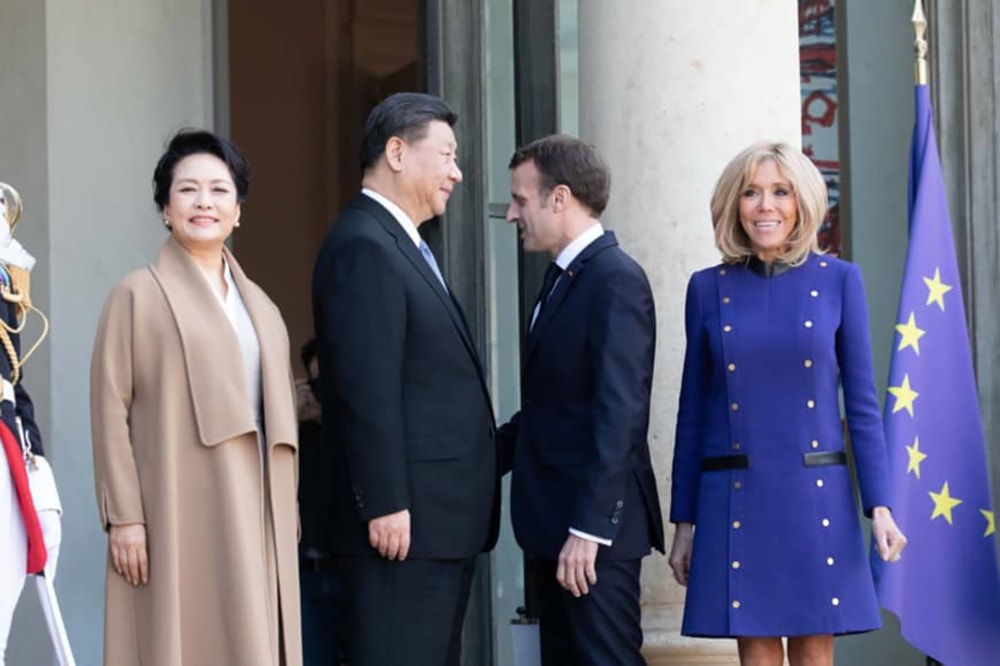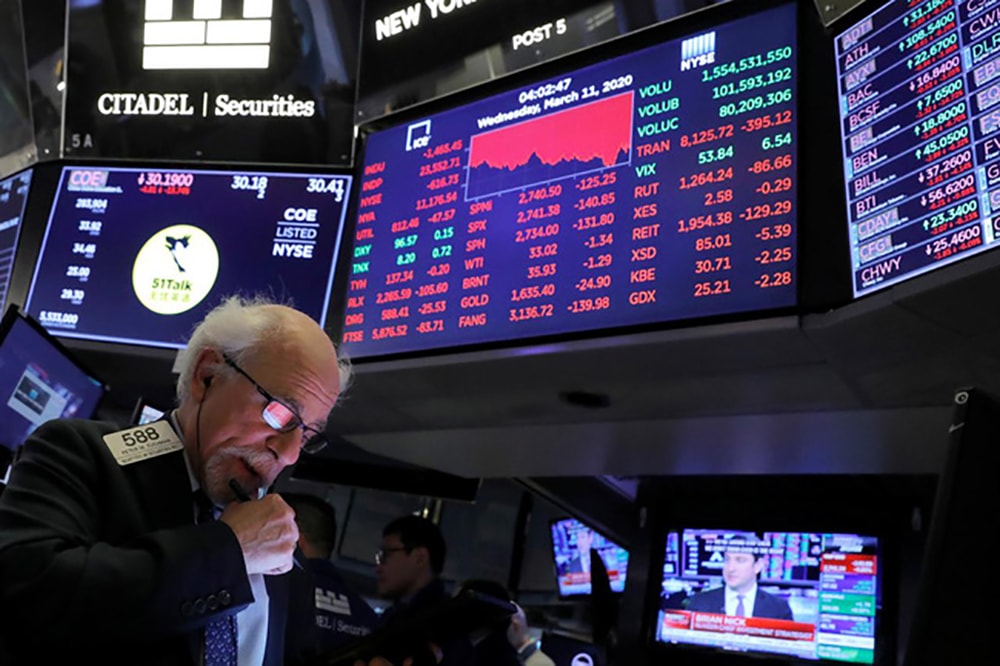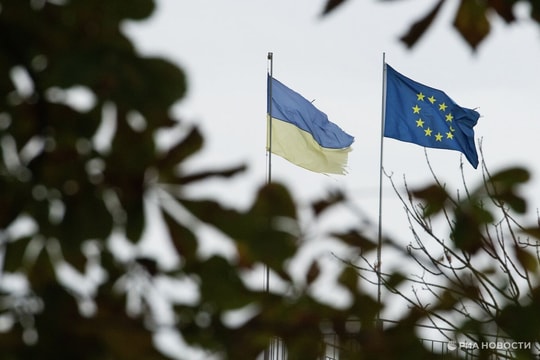Europe plans to 'erect fences' to prevent China from acquiring businesses
(Baonghean) - Many European countries have long been wary of Chinese acquisitions of businesses on the continent. That sentiment has become even more prevalent as important assets have lost value due to the Covid-19 pandemic.
Increase defense!
Among measures to help domestic businesses cope with the impact of the Covid-19 pandemic, the Polish government has just introduced a plan that will allow regulators to prevent foreign takeovers of domestic businesses. Polish businesses are considered easier targets for foreign takeovers than those in Western European countries, because most companies in this Eastern European country were established in the past 2-3 decades, since the collapse of the Soviet Union.
That means they tend to be younger, smaller and cheaper than in other European countries. With the pressure of the Covid-19 lockdown, many businesses are in a cash flow crisis and are facing bankruptcy. So, Poland’s “defense” plan for businesses is understandable!
 |
| Since 2008, Chinese state-owned company Cosco has taken control of ports in Greece, Belgium and Spain. Photo: Reuters |
However, even countries with potential in Europe such as the UK, France, and Germany are also showing caution. Since early April, the German government has announced tightening its merger and acquisition policy to protect domestic enterprises from "harmful takeovers" by investors outside the EU. The defensive stance of European countries is because they have witnessed a wave of massive acquisitions of European companies by Chinese enterprises during the 2008-2009 financial crisis.
At that time, China’s state-owned company Cosco alone took control of ports in Greece, Belgium and Spain. Currently, according to European media, in the first four months of the year alone, the number of successful mergers and acquisitions by Chinese investors has increased sharply compared to the same period last year, reaching 57 deals, with a value of about 10 billion USD. In addition, there are 145 other deals announced but not yet completed.
In the context that the Covid-19 pandemic may continue and trigger a global economic crisis, with more companies on the brink of bankruptcy, Europe has thought about having a common mechanism for the whole bloc to avoid foreign takeovers at this time. Recently, the President of the European People's Party (EPP) - the largest political group in the EU - voiced support for a 12-month ban on Chinese investors acquiring European businesses until the Covid-19 crisis can end.
 |
| European People's Party (EPP) President Manfred Weber supports a 12-month ban on Chinese investors buying European businesses. Photo: Reuters |
Previously, EU Competition Commissioner Margrethe Vestager also publicly recommended that member states’ governments should appropriately buy shares in European companies to avoid being taken over by Chinese capital. It is very likely that these voices will be the basis for the EU to initiate a common policy to prevent the risk of foreign acquisition of key companies at this difficult time.
Investment and political problems
In response to concerns from Europe, China has also voiced its objections, claiming that many mergers and acquisitions are conducted by private enterprises and are in line with market regulations. Beijing even claims that its actions in acquiring companies on the brink of bankruptcy are a way of lending a helping hand, “using Chinese capital and market to revive them.”
It can be said that, if viewed from a purely investment perspective, this explanation is considered reasonable. However, the relationship between European countries and China is not only about investment but also about political issues. Beijing's willingness to pour money into financially troubled European countries such as Italy and Greece within the framework of the "Belt and Road" strategy has made Brussels feel "uneasy".
 |
| French President Emmanuel Macron welcomes Chinese President Xi Jinping at the Elysee Palace in Paris in March 2019. Photo: Bloomberg |
Some European countries are also concerned about the “Made in China 2025” program, with Beijing’s desire to become a world leader in key technologies. Many countries believe that this is a threat to European industries. Clearly, whether looking far or near, EU officials are concerned that China will use strategies to increase its influence and presence in Europe.
Mr. Manfred Weber, Chairman of the European People's Party, said in a recent interview that China will be Europe's biggest competitor in the future in terms of economy, society and politics. "I see China as a strategic competitor of Europe, representing a different social model, wanting to expand its power and replace the United States as the leading power," Mr. Weber emphasized.
Although not as fiercely “confronting” as the US, most European countries share a cautious view of China’s growing influence and position in the international arena. The fact that European countries block the acquisition of Chinese capital flows reflects national security considerations on the one hand, and concerns about “unequal” competition on the other.
 |
| European stocks continued to fall, showing that many companies are in difficult situations. Photo: Reuters. |
German officials say that China is buying key technologies for its own strategic purposes, while at the same time imposing regulations to prevent Chinese companies from being acquired by foreign companies. Germany should not accept such “one-way” investments. Given these realities, China and the EU have been negotiating a comprehensive investment agreement since 2013, but have struggled to reach a suitable market approach and create a level playing field for all parties. Leaders from both sides plan to hold a special summit in September this year, but the Covid-19 pandemic is threatening the possibility of holding this meeting.
The fact that European countries are erecting “barriers” to prevent China from acquiring their businesses is clearly further evidence of the “old continent’s” skepticism and wariness of China. It is very likely that the Covid-19 crisis will be a catalyst for a series of trends that will shape Europe-China relations in the coming years.








